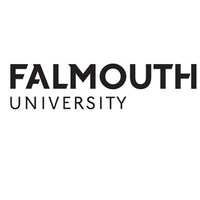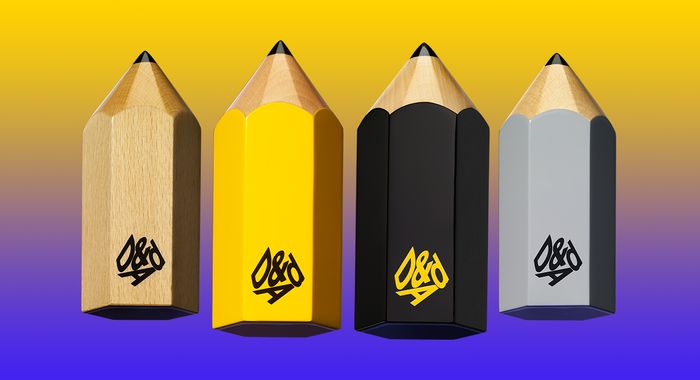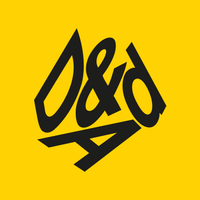Lack of Communication
Across modern day society there are many differing opinions with a distinct lack of discussion between these groups and communities. There's a stigma that the opposing views are at best wrong, and at worse a threat.
This narrowing ideology can be dangerous. How could we get people to talk to each other from seemingly different worlds?
In 1971, the US sent their table tennis team to China to play in the world championships. This was the first time American delegates had been sent to the country since 1949. The tournament levelled the playing field and acted as a bridge between the two superpowers; soon after President Nixon had an official visit to China and a pre-existing embargo on the country went on to be lifted.
This got us thinking: What if ping pong could be as means of bringing modern day oppositions together?
Rally Around
Rally is a weekly sports event aimed at bringing together polarising sides through ping pong. The event will be chance for people to both voice and listen to opinions on the matter, all before recording it all on the promotional posters.
Where the alternative forms of traditional debate can be slow, boring and off putting, playing a game of ping pong acts as a social catalyst, allowing more casual, face to face discussion.
Each week a subject matter is presented ready to be hosted nationally across different communities. Following the play, its participants are invited to record their own experiences directly onto the campaign’s posters.
One of the issues we found with designing a poster for this project was how to give the opposing opinions equal footing in the eyes of the reader. To counter this we developed a typographic system that has a dual hierarchy; it can be flipped either way, giving both subjects an opportunity to be the headline. This is all supported graphically with the table optical illusion it sits on.
The idea of conflict needs to be present in the works. With the poster’s style being inspired by works of the international movement, we opted to use the ‘anti-helvetica’* FF Meta as a nod to the conflictual aspect of the project. With each iteration of the poster, the typography looks to play and contest with the basic grid.
*words from its creator Eric Spiekermann
Player Voices
At the end of the event, the participants are invited to write something about their experience directly onto the posters. It forms as a memento for the experience; something that can been shown to others who may have missed the event. This information will also be uploaded to the Rally website.
Rally.com
The website acts a hub for all of the actions of the project. Here users can access recorded content from the previous events to read the opinions of others.
The site continues the split dual hierarchy theme, having both sides of the argument scrolling on the page at the same time. To read the other content, the user is invited to press the ‘flip your perspective’ button, literally rotating the poster on the webpage 180 degrees.
Rally also includes some additional touch points to help get the name out into the public domain. The table graphic have been used in locations with high traffic, while facebook videos of some of the 'debates' help to cover the digital world.
These are not about raising awareness for the topics, because people should already have an opinion on them, but rather as a challenge to confront the alternative mindset.



